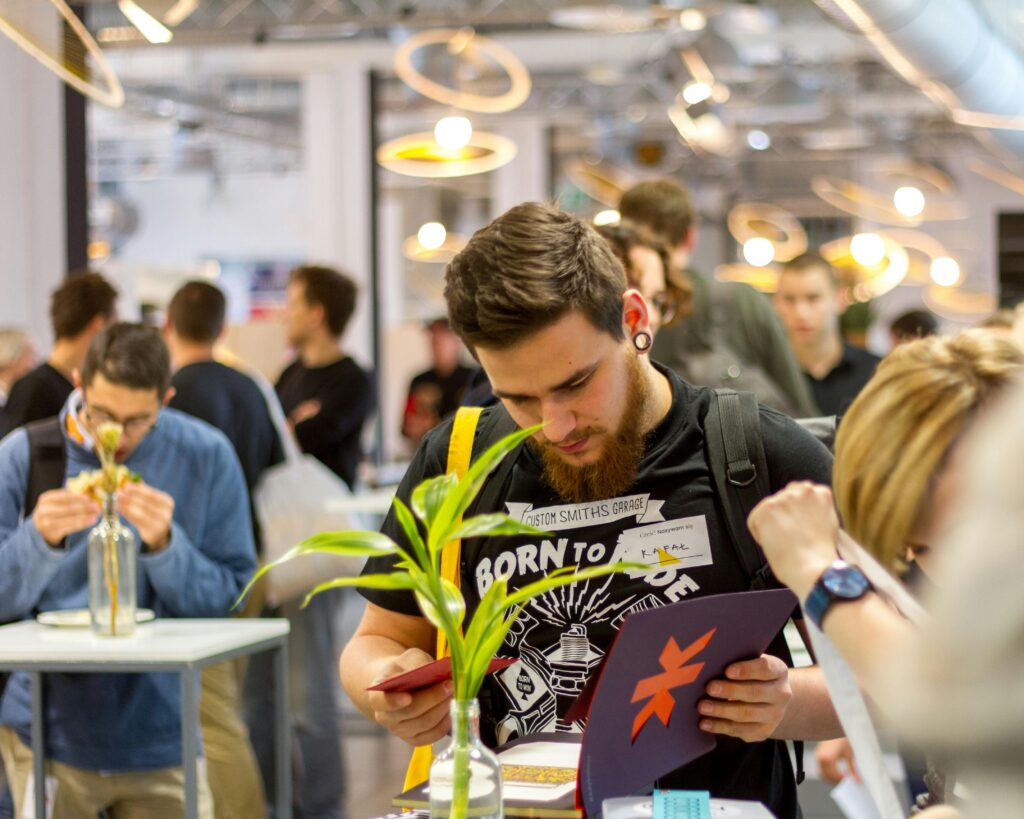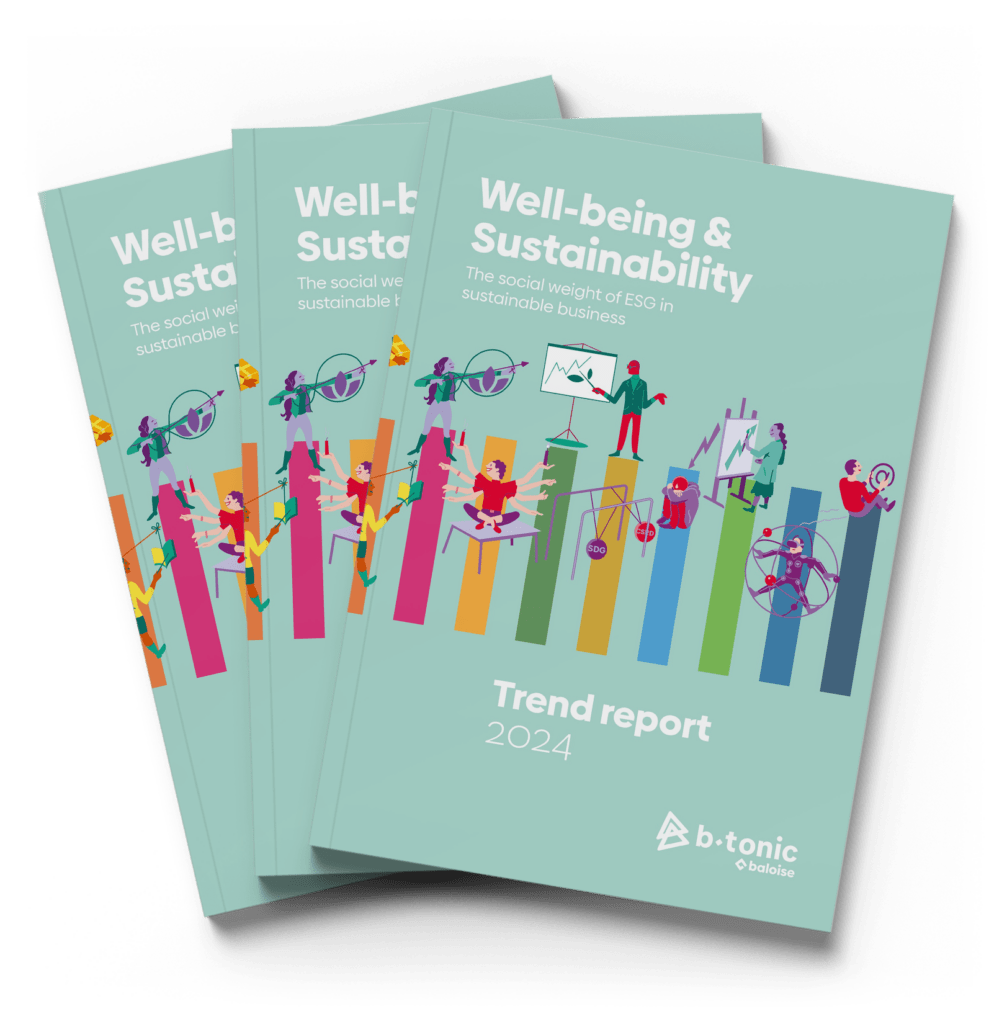In our Trend report 2023, ‘Well-being & Sustainability’, we draw a roadmap for companies towards a successful and sustainable future. Trendwatcher Herman Konings brings that future into the present with this blog series, using some notable international trends.
Blog: Crises as the catalyst for our knowledge culture
The infection crisis thoroughly digitised, decentralised and seduced education. The virus proved a catalyst for the open, often free – quite literally priceless – supply of learning programmes on the internet. MOOCs (massive open online courses) ) like Coursera, EdFlix and the University of Flanders, as well as educational podcasts and apps like Hardcore History, Stuff You Should Know and Duolingo saw and continue to see their following grow. In addition to compulsory online classes in mainstream education, there is also an increase in intrinsic interest in catching up on STEM subjects, learning cognitive skills (languages, mathematics) or immersing oneself in narrative learning (history, philosophy, psychology) via digital means. Place (the beach?) and capacity (while jogging?) do not even matter.
Growth of 7%
The pandemic has hailed scientists as the new heroes since 2020 and it shows: STEM courses[1] are on the rise. At Belgian colleges and universities, the 2020-2021 academic year saw an exceptional growth of 7% in courses that were essential during the corona crisis, such as bio- and paramedical sciences, chemistry, mathematics and computer science. Also in the last two years, interest in STEM education remains higher than in the years before 2020. In the Netherlands, the ‘sign language interpreter’ course counted as much as 42% more enrolments in the 2020-2021 academic year.
Knowledge as raw material
Certainly in a global perspective, acquiring knowledge is no longer a privilege, but a necessary, democratised driveway to a full-fledged future. Knowledge culture is becoming increasingly decentralised and horizontal: education, knowledge sharing, research & development, innovation … are being taken off their pedestals and detached from prior education or social origin. The COVID crisis has made us aware that solving complex problems quickly and sustainably requires cooperation and multidisciplinary knowledge networks.
Knowledge as raw material for businesses is still too often approached from a basic attitude that still dates back to the 20th century: improving processes, increasing efficiency and striving for the highest possible quality at a responsibly low price. As the knowledge culture evolves as more egalitarian, more diverse and more multidisciplinary, professional structures must also follow suit and organise themselves in a network-like manner. Agility and manoeuvrability are paramount: the more static a system, the more difficult it is to respond to unexpected crises.
Knowledge culture as a civilising process has gained importance through the crisis; knowledge is a key element for a long-term smart society. It is expected that more money will be invested in education, research and innovation, but that more attention will also be paid to objectifying events and fighting ‘alternative facts’. Truths will again become more important than emotional opinion formation.
[1] Education in Science, Technology, Engineering & Mathematics.




